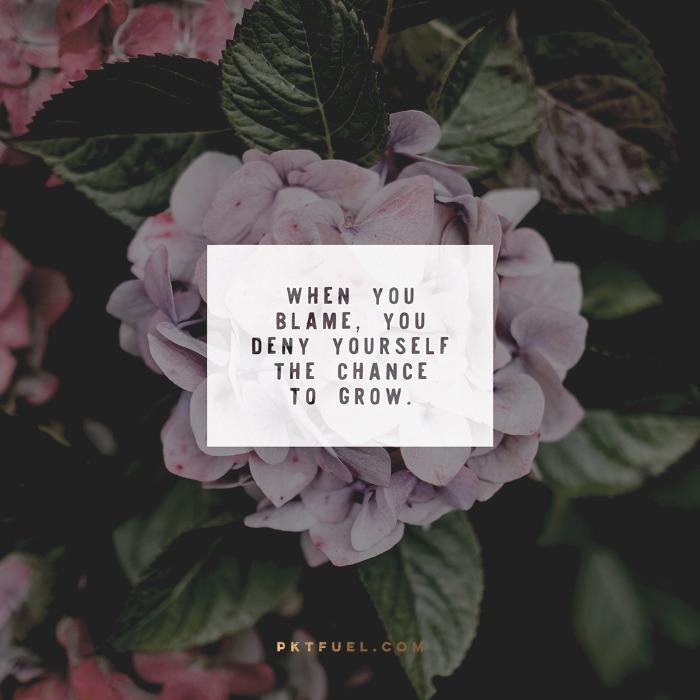Surely, if you do right, there is uplift. But if you do not do right Sin crouches at the door. Genesis 4:6-7 (TJSB)
Our Own Darkness – Keepers – Series 2 – Part 2
Go to PART 1 | PART 2 | PART 3 | PART 4 | PART 5 | PART 6
(Go to Series 1)
Cain killed his little brother Abel because God accepted the gift that Abel brought and not his own.
Jealousy. Greed. Vengeance. Violence.
But there’s something else we miss if we don’t sit with this story and let it poke around in our own mess.
How does it make you feel when you believe you’ve been treated unfairly?
Or, even messier, how do you feel when you get called out on your behavior? When you know you were trying to pull the “wool” over people's eyes, and you didn’t succeed?
Most of us (me at least) react out of shame and anger. We respond violently, whether in word or deed, trying to deflect and drown out the revealing of our true intent. We are incapable of being corrected when our lust for possessions, lands, rights, and reputation becomes more important than celebrating with those we love when their offerings and gifts (to God/world/whoever) are accepted. Or even simpler: when their belonging in the world is unquestioned and validated.
Cain's behavior should not surprise us. And nor should we be quick to judge him while letting ourselves off the hook. Because Cain engages in something that many of us individually, corporately, and governmentally, are well acquainted with, even if we don’t want to admit it:
Scapegoating.
When faced with our own darkness, we hot-potato it and cast it onto someone else insisting that it’s not our fault, not our problem, and not our responsibility. ‘Hey, we bought a gift to God… it’s not our problem he didn’t like it.”
Cain insisted that the source of his problems was outside of himself; that he had been victimized, treated unfairly. He couldn’t take his anger out on God, so he placed the blame on the next closest thing: his innocent, none the wiser, younger brother. He made him pay. Cain cast the blame outside of himself so he wouldn’t have to face himself. The thing is, responsibility always catches up with us in one way or another.
The question Abel’s murder begs is this:
Who are the younger brothers, the scapegoats, in our world? And are we willing to take responsibility for our own darkness rather than making them pay for it? Do we have the courage to shut the door to sin?
Go to Taking Responsibility – Keepers – Series 2 – Part 3
Written by Liz Milani
[vcex_image_grid columns=”3″ pagination=”false” thumbnail_link=”custom_link” link_title_tag=”true” custom_links_target=”_blank” overlay_style=”title-category-visible” columns_gap=”5″ img_hover_style=”fade-out” image_ids=”20934,20935,20937″ custom_links=”https://itunes.apple.com/app/apple-store/id1239768002?pt=118656308&ct=blog%20footer&mt=8,https://www.pktfuel.com/dailyemail,https://www.pktfuel.com/support” img_height=”350″]

